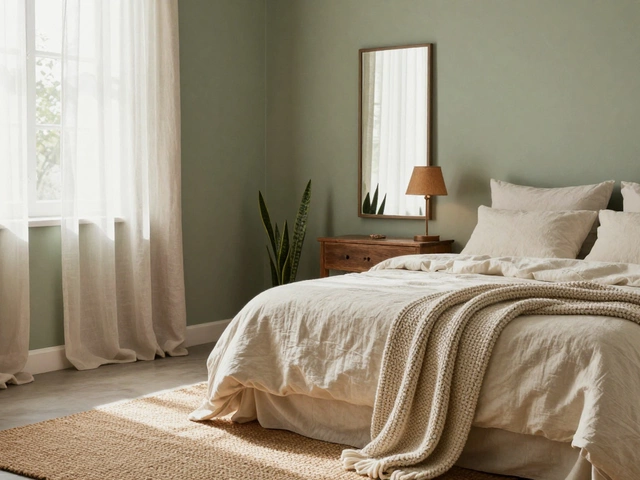Natural Repellents for a Pest‑Free Home
When working with Natural Repellents, substances that deter insects and other pests without synthetic chemicals. Also known as eco‑friendly pest deterrents, it offers a safe alternative for families, pets, and the environment.
One of the biggest indoor annoyances is Furniture Mites, tiny critters that love to hide in upholstery and bedding. These mites feed on skin flakes and can trigger allergies. Using natural repellents such as lavender sachets or neem oil sprays creates an unwelcome atmosphere for mites, protecting your sofas and preserving the look of antique pieces. The result is cleaner air and longer‑lasting furniture without harsh chemicals.
Why Choose Natural Repellents for Home and Garden
Outdoors, the enemy list expands to include Garden Pests, ranging from aphids on roses to beetles chewing leafy greens. These insects can ruin a summer’s worth of hard work. Deploying plant‑based deterrents—like garlic‑infused water or rosemary mulch—keeps pests at bay while nurturing soil health. The same principle that works on a kitchen countertop also applies to a patio table, letting you enjoy a bug‑free dinner al fresco.
At the heart of most effective natural repellents lies Essential Oils, concentrated extracts from herbs, spices, and citrus peels. Popular choices include citronella for mosquitoes, peppermint for spiders, and eucalyptus for flies. These oils are prized for their strong scent, low toxicity, and versatility; a few drops mixed with water make a quick spray, while a dab on a cloth offers long‑lasting protection in closets or drawers.
If you enjoy a hands‑on approach, DIY pest control kits are easy to assemble. All you need are simple tools: spray bottles, cotton balls, and a selection of essential oils. By pairing the right oil with the target pest, you create a customized shield that adapts to seasonal changes. For example, switch from peppermint in summer (when ants are active) to lavender in winter (when moths seek warm corners).
Beyond the chemicals, natural repellents bring added benefits: they don’t leave stubborn residues, they’re safer for children and pets, and they often double as pleasant aromatics that improve indoor air quality. When you combine them with good housekeeping—regular vacuuming, washing linens in hot water, and sealing entry points—you get a comprehensive defense system that’s both effective and affordable.
The articles below dive deeper into related home‑improvement topics where pest control plays a subtle but critical role. Whether you’re planning a bathroom remodel, a loft conversion, or an outdoor garden makeover, you’ll find practical tips that align with a natural, chemical‑free mindset. Keep reading to discover how these projects intersect with pest‑prevention strategies and how you can integrate eco‑friendly repellents into every step of your renovation journey.
What Smells Keep Chiggers Away? Understanding and Using Natural Repellents
Chiggers, those pesky little critters, can ruin a perfectly good day outdoors by making you itch like crazy. Knowing what scents chiggers despise can save your backyard lounging experience. Essential oils like lavender, tea tree, and peppermint are among the top natural repellents. Equip yourself with these scents to keep chiggers at bay and enjoy your garden furniture in peace.
full article




